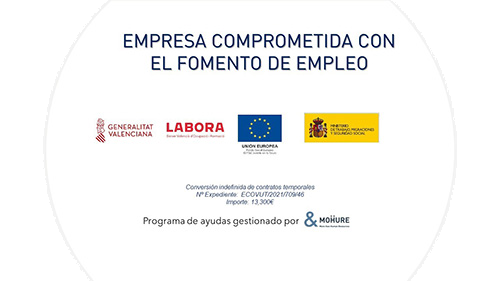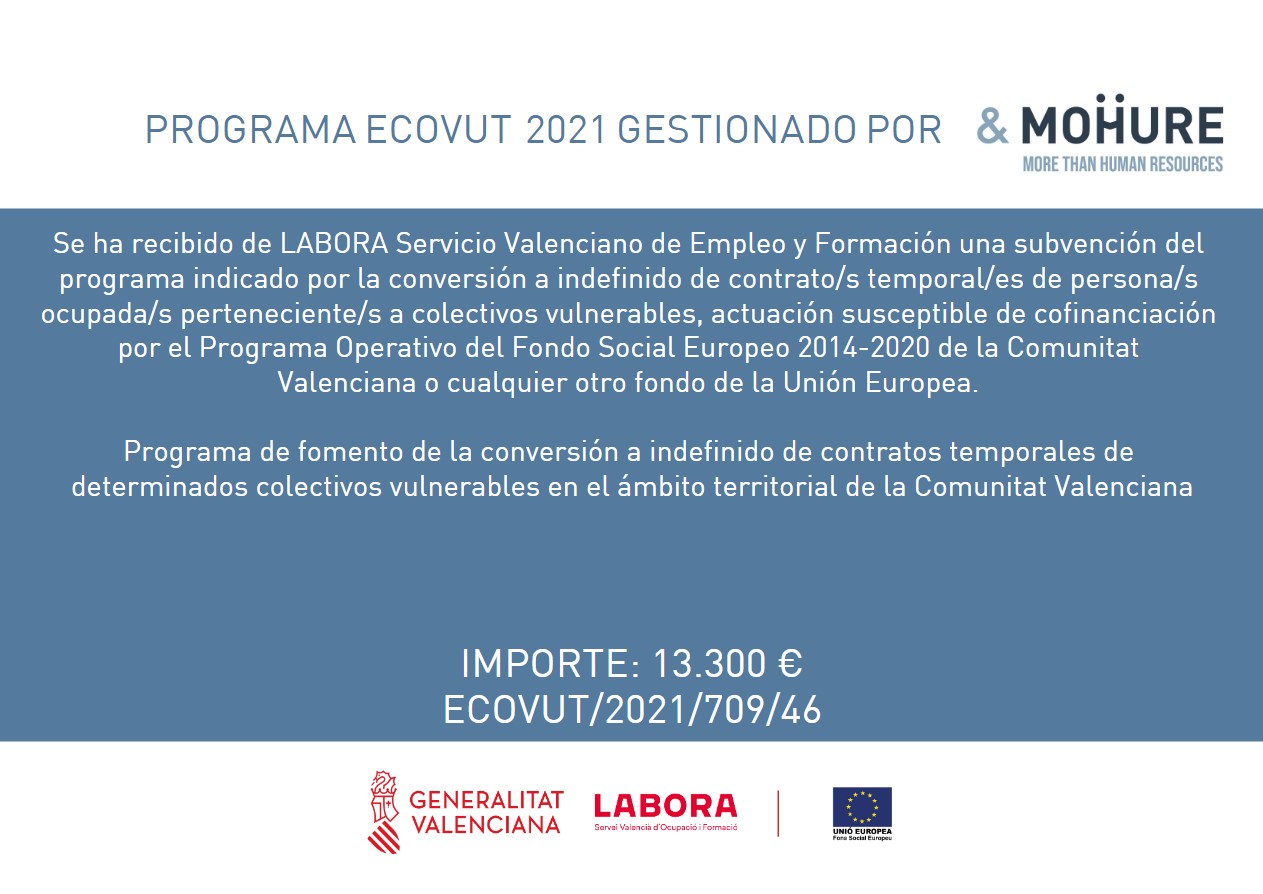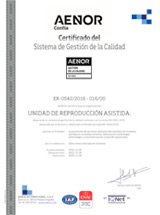 Research in this field will allow important advances in assisted reproduction and knowledge of the causes of infertility
Research in this field will allow important advances in assisted reproduction and knowledge of the causes of infertility
It is curious to see how some twins, with identical DNA, can be so different according to the environmental aspects in which each one develops its life. These differences appear in those traits with an important genetic component. One of the twins may have heart disease at age 55, and yet the other still runs marathons in a perfect state of health. Epigenetics explains this important differentiation.
Cristina Camprubí, a specialist in human genetics and epigenetics, also founder and director of GenIntegral, explains colloquially that “all the cells of our organism contain the same genetic information provided by our progenitors. However, the functioning of a neuron is not the same as that of a blood cell, and that is because each cell uses for its operation a part of the total information that has been genetically inherited.
The human genome is composed of the DNA sequence on the chromosomes; This is identical in all cells, the differentiation between one and the other marks the epigenome. The epigenome is influenced by environmental factors, smoking, exercise, diet or exposure to toxic chemicals. “The environment interferes with epigenetics, which can be a problem if it negatively influences, causing errors in reading genes and their possible derivation in the development of cancer and neurodegenerative and autoimmune diseases,” says Camprubí.
Can epigenetics condition fertility?
Recent studies on sperm confirm a positive response to this question. As Cristina Camprubí argued in the paper that offered the students of  the Master of Medicine and Genetics, jointly organized by the Chair of Clinical Reproductive Biomedicine Vistahermosa, the Cell Biology Area of the Faculty of Medicine and Reproduction and Genetics Units of Hospital Clínica Vistahermosa, the research, which has compared sperm from fertile donors to those of infertile individuals, concludes that there are epigenetic differences. “Anomalies related to age and specific regions of the genome have been identified for the time being. That is to say that have been found genes with possible errors of reading on its operation “.
the Master of Medicine and Genetics, jointly organized by the Chair of Clinical Reproductive Biomedicine Vistahermosa, the Cell Biology Area of the Faculty of Medicine and Reproduction and Genetics Units of Hospital Clínica Vistahermosa, the research, which has compared sperm from fertile donors to those of infertile individuals, concludes that there are epigenetic differences. “Anomalies related to age and specific regions of the genome have been identified for the time being. That is to say that have been found genes with possible errors of reading on its operation “.
This specialist indicates that this is a starting point for the realization of other studies with which to identify other key regions in the fertility of the genome unknown hitherto. “Research in epigenetics will provide new data that will allow us to advance assisted reproduction and knowledge of the causes of infertility. Our intention is to expand research on gametes and embryos, to deepen the causes of infertility related to epigenetics, “says Camprubí.










